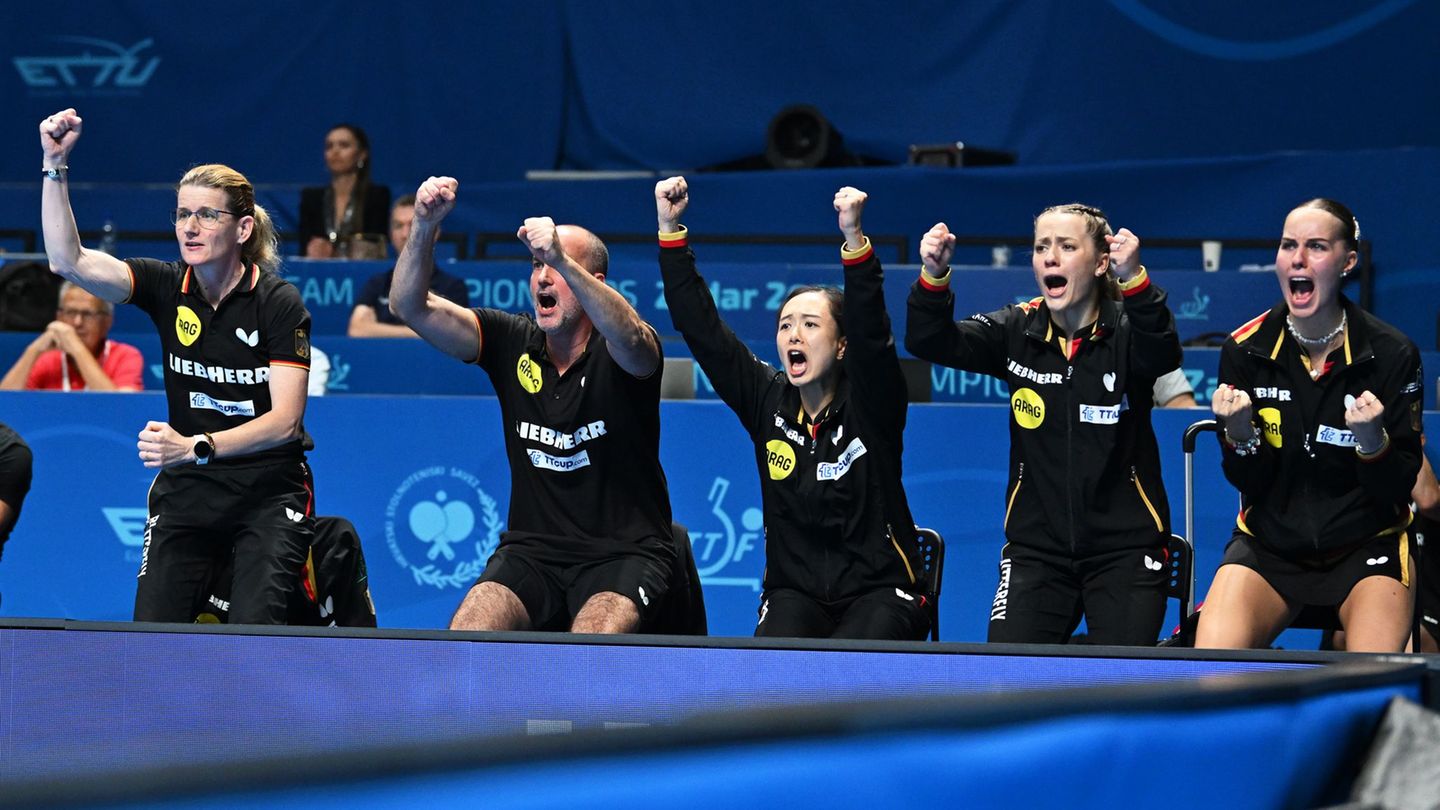Authoritarian regimes often spread disinformation online. According to the EU, Russia’s war propaganda in particular poses a major threat to democracies. That is why there are plans to take action against it.
Also with a view to the Russian war propaganda, the EU wants to take stronger action against disinformation on the Internet. To this end, she is building a center for analyzing and exchanging information on disinformation, as EU foreign policy chief Josep Borrell announced at a conference in Brussels.
The EU wants to better understand how disinformation and war propaganda from countries like Russia or China are spread and organized in the EU. Because the Ukraine war is not only waged on the battlefield, but also on the Internet to manipulate people. In addition, the center should serve to exchange experiences and knowledge.
Along with plans for the new analysis center, an investigation into online disinformation by Russia and China was unveiled on Tuesday. For this purpose, a sample of 100 pieces of disinformation on the Internet was analyzed between October and December 2022. Accordingly, Russia spread disinformation on social media, via accounts of diplomatic services such as embassies or on their websites. According to Borrell, after a training mission to Ukraine in November 2022, the Russian foreign ministry falsely accused the EU of engaging in hybrid warfare on its website.
“Propaganda channels are now a weapon of the Kremlin”
Russia also does not shy away from creating fake websites to pose as trustworthy media, Borrell said. “The content will be spread at the speed of light and posted on social networks and propaganda channels.”
According to the EU investigation, the German satirical magazine “Titanic” was also affected by a similar manipulation last year. Accordingly, a fake “Titanic” cover was distributed, which showed a face with various war devices and money flying in its mouth. In Ukrainian national colors there was the headline “Eternal appetite”. According to the information, the fake cover was intended to denigrate Ukrainian President Volodymyr Zelenskyy.
“Like any authoritarian and dictatorial regime, they not only try to control what is happening in their own country, but also to destabilize others,” said Borrell. Russia has built networks to deceive people, to lie and to undermine trust in institutions.
“Today, the information and propaganda channels are a weapon of the Kremlin,” said Borrell. This is a major threat to liberal democracies. The new center is a response to this and will better protect democracies, not only at EU level but worldwide. For this, the democratic countries would have to work together more intensively and social media would have to be examined more closely.
Source: Stern
I have been working in the news industry for over 6 years, first as a reporter and now as an editor. I have covered politics extensively, and my work has appeared in major newspapers and online news outlets around the world. In addition to my writing, I also contribute regularly to 24 Hours World.




